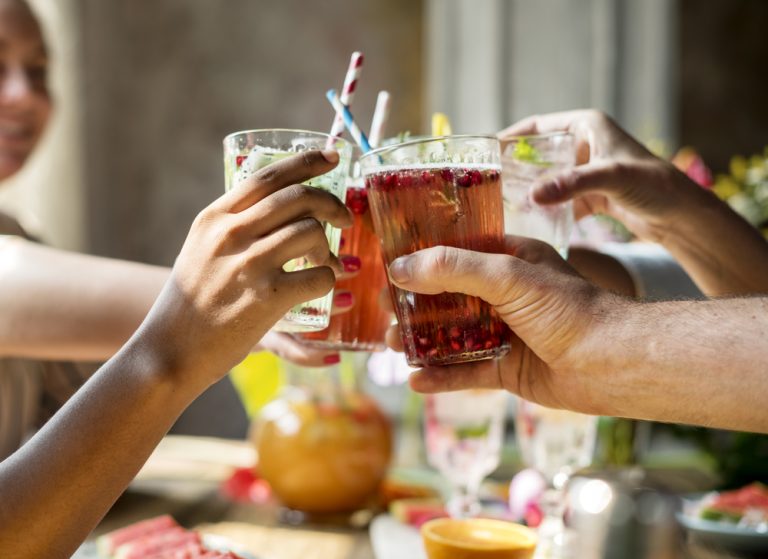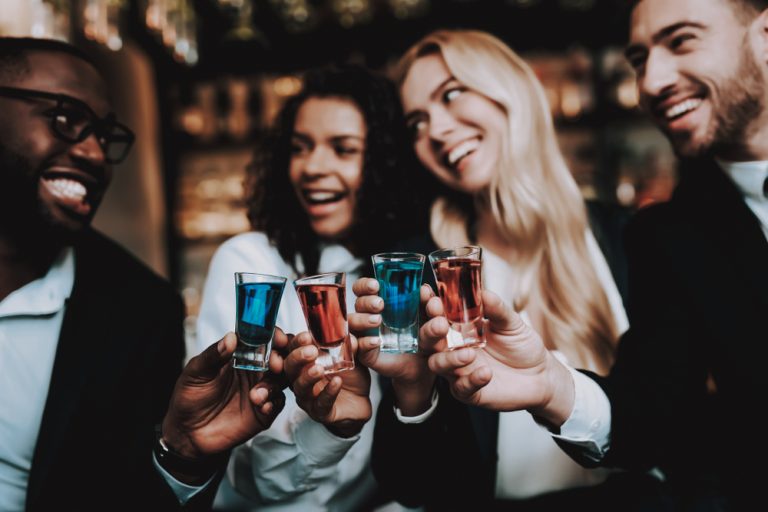As individuals progress through their journey of addiction and recovery, they often experience shifts in their relationships, with existing dynamics evolving and new connections forming. Embracing these transformations is essential in fostering healthy interactions and personal growth. relationships in recovery Building a healthy support system is essential for individuals recovering from addiction. Supportive relationships offer a sense of belonging, reduce feelings of isolation, and provide a safe space for open communication and expression.
You learn healthier mindsets

Effective communication is the foundation of any healthy relationship. In recovery, this means being transparent about https://citytelegraph.com/sober-living/281223/performance-enhancing-drugs-know-the-risks/ your journey, acknowledging your challenges, and expressing your needs honestly. Equally important is active listening—taking the time to genuinely hear and understand the concerns of others without becoming defensive. Effective communication also involves acknowledging what has been achieved, not what hasn’t, to foster a positive mindset. This exchange fosters mutual respect and creates an environment where both parties feel valued and understood.
Has Your Child Abused Amphetamine Drugs to Boost Their Grades?

Engage in activities that foster emotional stability such as mindfulness, journaling, and hobbies. To protect your mental health, be alert to feelings of constant stress, insecurity, or doubt during interactions. If you find yourself walking on eggshells or feeling worse about yourself after being with someone, it’s a clear indication that the relationship may be unhealthy. They can also Alcoholics Anonymous impede the development of healthy support networks, isolate individuals, and create an environment of constant stress.
Peer Support in Recovery

These groups offer a judgment-free zone where you can share your experiences and learn from others. The camaraderie and understanding within these groups can lead to lasting friendships grounded in mutual support and shared experiences. Using this self-knowledge allows individuals to approach others with empathy and sincerity. It becomes easier to express feelings of remorse and to seek forgiveness from those hurt. Ultimately, prioritizing self-worth and embracing self-forgiveness lays a strong foundation for nurturing new and old connections. Creating positive relationships and separating from toxic influences strengthens resilience during recovery, enabling individuals to thrive long-term.
- Be willing to talk to others, listen to them, and share your experiences.
- Effective communication, characterized by honesty and respectful dialogue, reinforces boundaries and fosters trust.
- This openness fosters empathy and paves the way for stronger connections, as everyone works towards a healthier family dynamic.
- Without understanding the relationship dynamics that obstruct healing processes, individuals risk perpetuating destructive patterns.
The Benefits of Healthy Relationships in Recovery
- This means being upfront about your challenges and not hiding difficulties because of shame or fear.
- First and foremost, relationships offer a sense of belonging and connection.
- For more strategies on developing emotional intelligence within recovery contexts, visit developing emotional intelligence in recovery.
- This magnifies the impact on relationships—there are more negative experiences and fewer positive experiences in relationships.
- Ultimately, healthy relationships contribute significantly to overall well-being, resilience, and long-term recovery success.
For more insights on emotional well-being in recovery, consider exploring developing emotional intelligence in recovery and more ways to develop emotional intelligence in recovery. Utilizing effective communication strategies is essential for promoting understanding and mutual support within recovery relationships. As highlighted by Better Health Victoria, good communication allows individuals to express their experiences and needs openly, creating a platform for meaningful dialogue.


